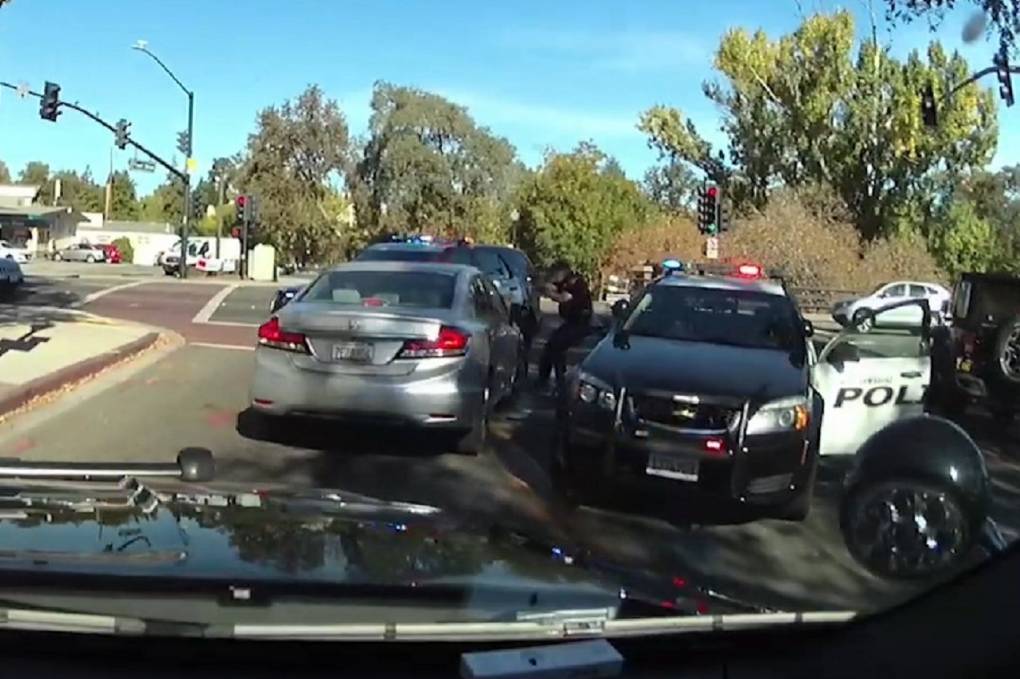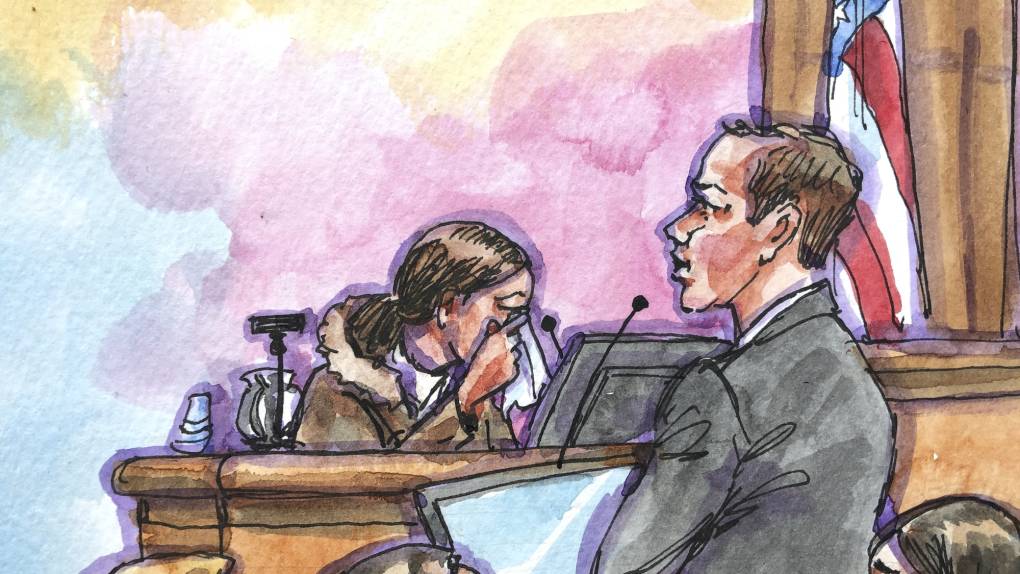A federal judge on Thursday found that San Francisco’s sheriff has routinely violated a court order that prohibits warrantless searches of people released from jail who are awaiting trial and warned that the city could be held in contempt if the practice continues.
The ruling came in response to a class-action case filed against San Francisco and its sheriff, Paul Miyamoto, in 2022 by the American Civil Liberties Union of Northern California. The lawsuit alleges that the electronic monitoring program overseen by the sheriff violates the Fourth Amendment of the U.S. Constitution when it requires defendants to consent to searches without warrants or probable cause, even in cases when judges don’t impose what’s called a “search condition.”
The case also challenges the sheriff’s practice of sharing with other law enforcement agencies GPS data from people released pretrial whose location is tracked with electronic ankle monitors.
“We want to make sure that the Sheriff’s [Department] is not unilaterally exercising authority that does not belong to it in order to increase its ability to surveil and search people in San Francisco,” Emi Young, an ACLU NorCal attorney, said in an interview on Thursday.
U.S. District Judge Jon S. Tigar issued a preliminary injunction earlier this year prohibiting the Sheriff’s Office from continuing to enforce the warrantless search conditions and sharing locations of pretrial defendants.



